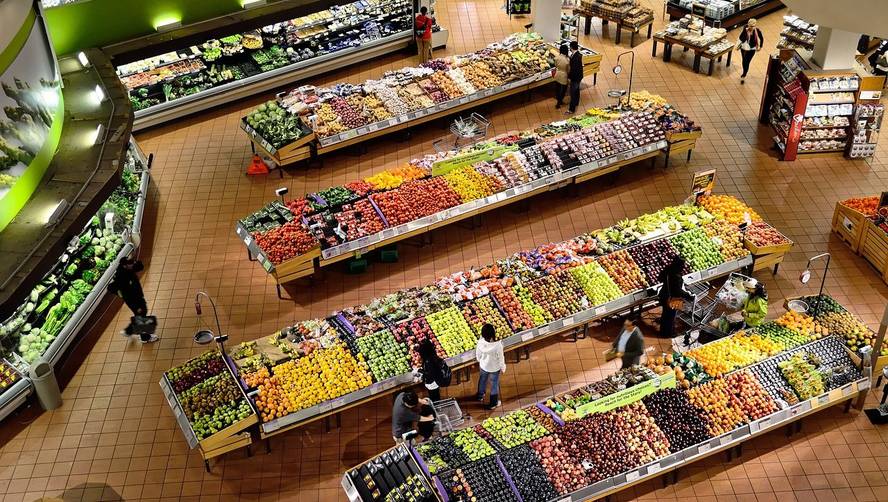Climate change can increase food inflation 3.2 points per year
Global warming could raise food inflation to 3.2 points per year and global inflation to 1.2 points. This conclusion has been reached in a paper published in the journal Communications Earth & Environment. In addition, they have concluded that, although climate inflation will be around the world, it will affect more countries in the global south, especially Africa and South America.
The global economy is sensitive to climate change because it directly affects food production, many other jobs, energy demand and health humana.directamente through its impact on work, energy demand and human health. Understanding how climate can affect inflation can help predict how future climate change can affect the risk of inflation and the global economy.
Researchers have analyzed monthly price indices and weather data from 121 countries between 1991 and 2020 and, using a physical climate model, calculated the effect of warming on inflation between 2030 and 2060. Thus, they note that with the expected temperature increase of 2035, food inflation could increase between 0.9 and 3.2 per year and overall inflation between 0.3 and 1.2. Temperature increases in low-latitude regions are projected to increase inflation year-round, while in larger latitudes this effect will only occur in summer.
Furthermore, the effect of extreme summer temperatures in 2022 has been calculated: European food inflation rose by 0.67 points. According to these estimates, this increase could increase between 30% and 50% in warming situations by 2035.






